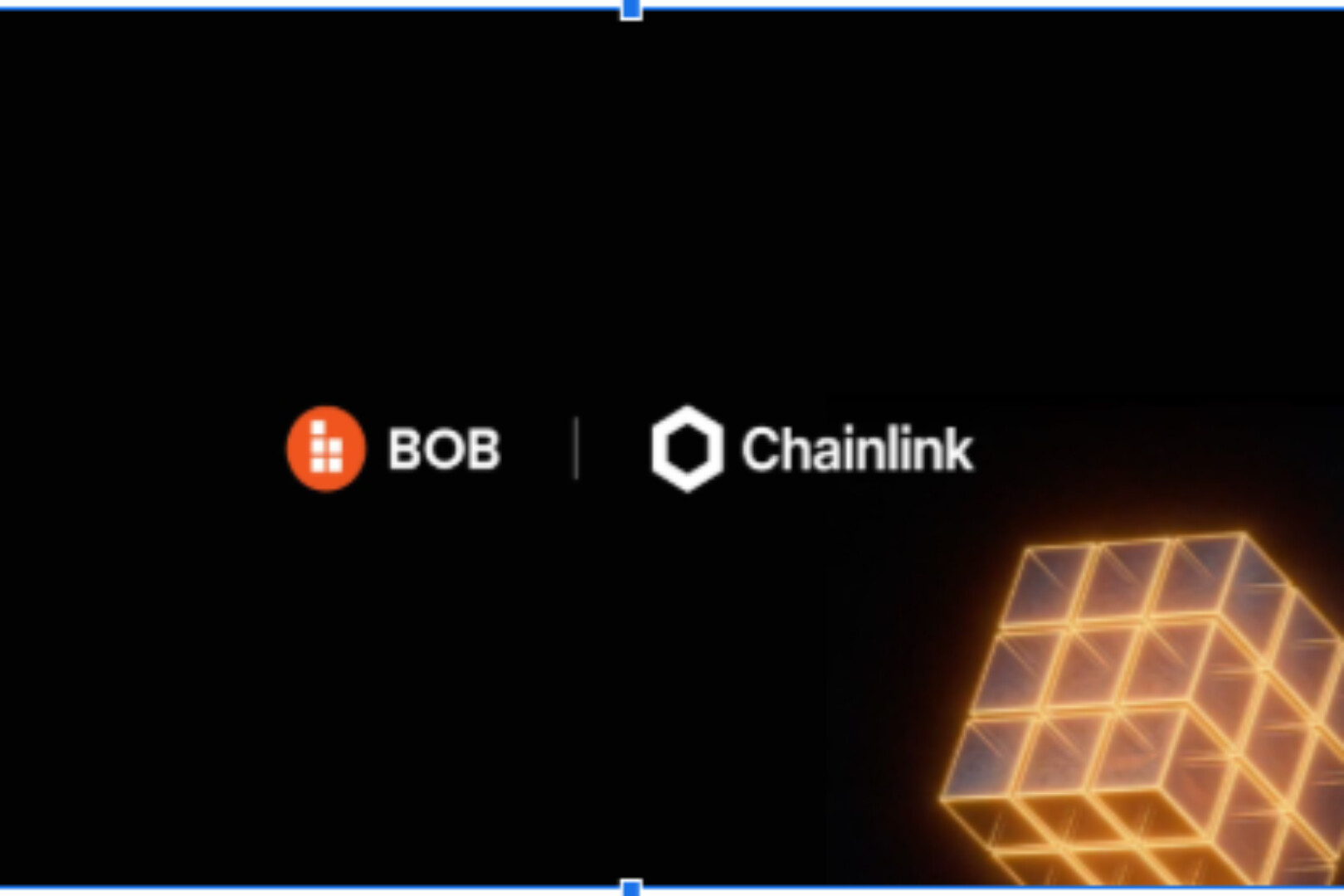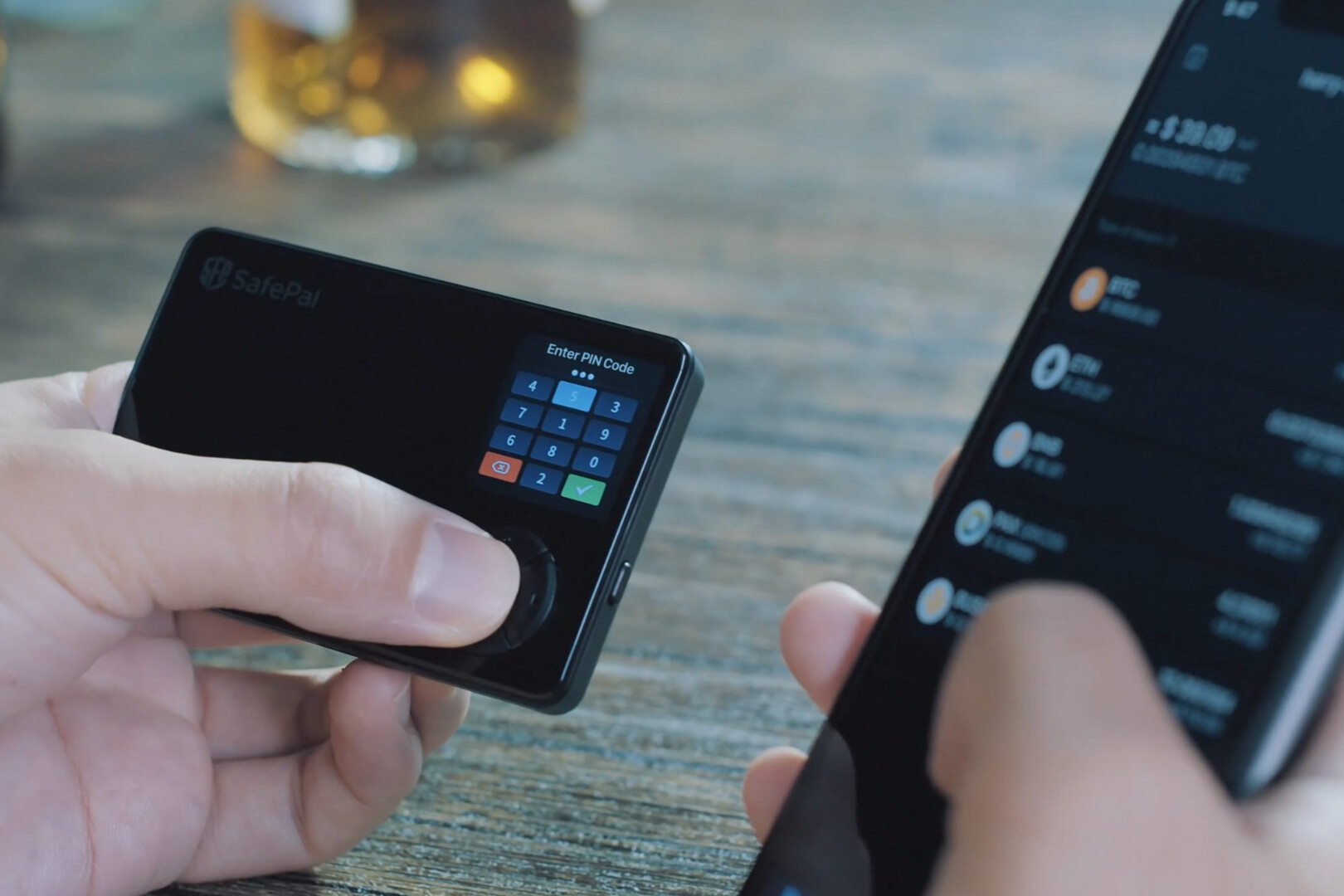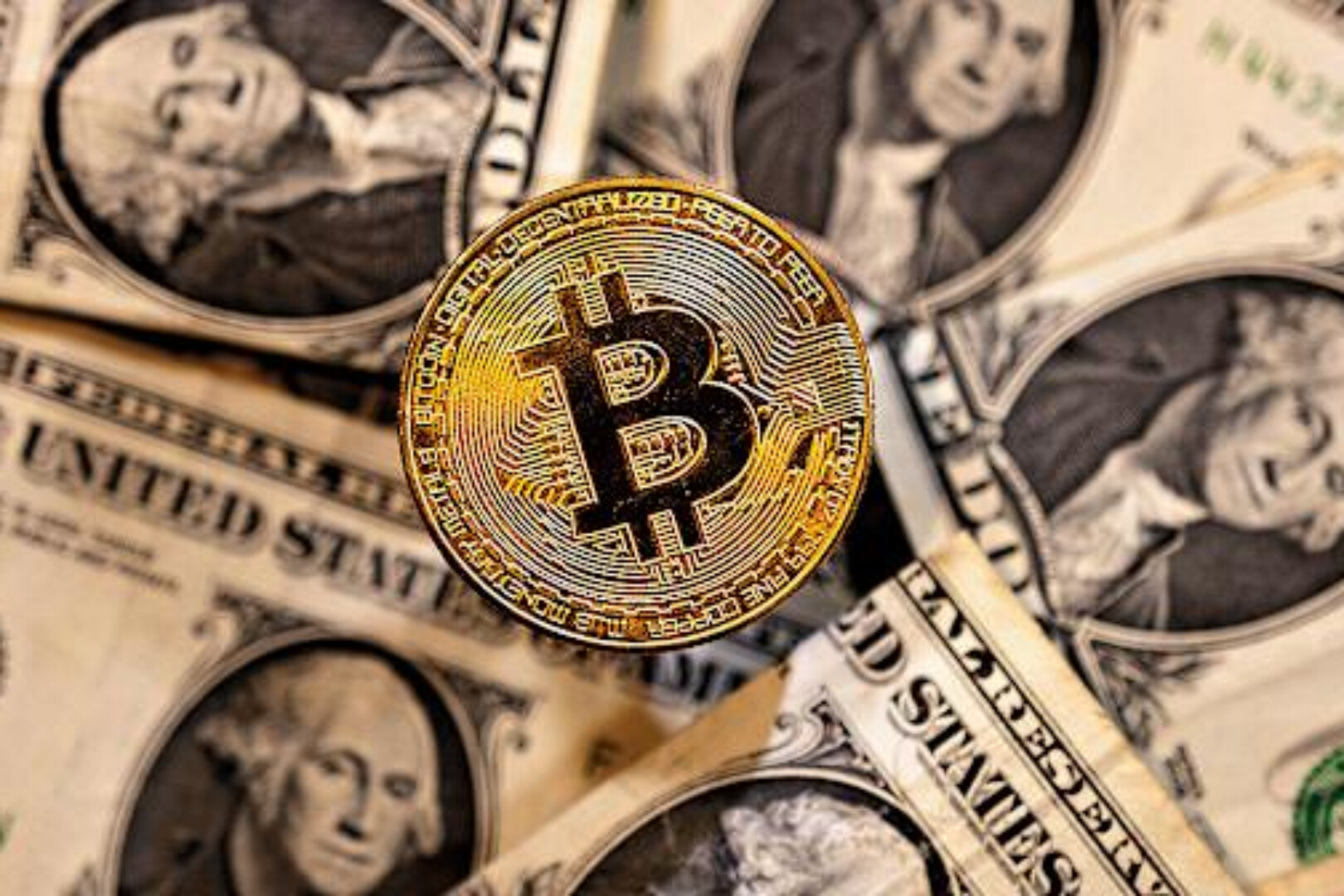In the past two weeks, affected by the epidemic, global asset prices have plummeted, and U.S. stocks have experienced four circuit breakers in history. Even many people who do not speculate in stocks or hold coins feel emotional:
Buffett lived to be 89 years old to witness five circuit breakers, and I experienced four in two weeks.
Even Bitcoin, which has always been considered a safe-haven asset, experienced a flash crash, falling as low as 3,800 USDT. Everyone joked that the "halving market" refers to "asset halving".
Under the plunge, if you can make good use of some financial tools, such as options, not only can you reduce losses, but you may also get a lot of profits.
what is an option
what is an option
To put it bluntly, the period is the future, and the right is the right, so the option is the right in the future.
Option is a financial derivative, which is related to the underlying object. The value of the option is related to the attributes of the underlying object itself. The underlying object can be crops, houses, stocks, funds, digital assets (such as Bitcoin), etc.
Understand options as insurance. Everyone is familiar with insurance. The relationship between options buyers and sellers is like the relationship between the policyholder and the insurance company:
Option buyer = insurance policyholder, option seller = insurance company.
For example, Erya bought an option (insurance), paid a premium (insurance premium) to the option seller (insurance company), and obtained the right to compensate for losses caused by future price drops.
secondary title
call option
A call option (Call), also called a call option, locks in the purchase price and has the right to buy something in the future.
Suppose you are interested in a house and it costs 5 million. However, you have not collected enough money in the last six months, and you are worried that the house price will rise in half a year. So you discuss with the sales company, hoping to have the right to buy this house with 5 million within six months. But, the real estate sales company can't keep it for you, so they ask you to pay 30,000 yuan, which is the royalty.
©️ 3 hours fast learning option
An option transaction has been happily concluded in this way!
A few months later, a gossip news broke the news that Yi Yang Qianxi lived next door to this house, and the house price rose to 8 million. Because the option contract has been signed before, you can get this house at a price of 5 million on the expiration date.
Calculated according to the current price, your net profit is: 800 W-500 W-3 W=297 W, are you jumping happily?
If it is another situation, if the house price falls below 5 million on the expiration date of the option, the option will be given up. Because you are buying an option, you are not obligated to buy the house. You can choose not to buy it, so what you lose in the end is the 30,000 premium you paid before.
The example I gave just now can show two characteristics of options:
First of all, when you buy an option, you have the right to buy/sell in the future, which is a right rather than an obligation, and there is no obligation to buy or sell. You can not execute the option when it expires, and what you lose is the premium for buying the option.
secondary title
put option
A put option (Put), also called a put option, locks in the selling price and has the right to sell something in the future.
For example, Erya is a loyal fan of Bitcoin and is very optimistic about the future development of Bitcoin. It is not enough to be optimistic about the long-term. In the recent plunge, she hopes to make some profits through the judgment of the next short-term trend, supplemented by option products.
For example, the current price of Bitcoin is 6,000 USDT. Erya judged that Bitcoin will likely fall in the next week, so she bought a 7-day put option and paid a premium of 10 USDT. Seven days later, Bitcoin dropped to 5500 USDT, and Arya earned 490 (500-10) USDT. If the settlement price at maturity is higher than 6000 USDT, Arya will lose the 10 USDT premium invested, which is "unlimited income, limited risk".
In this example, the underlying is bitcoin, and the more bitcoin falls, the more valuable the put option is.
All in all, for the next market, if you are bullish, buy a call option. The more it rises, the more you earn; if you are bearish, buy a put option. The more it falls, the more you earn.
This is the first article in the Cobo Small Classroom Option series. We will publish more popular science articles on options in the future, so stay tuned.
This article does not constitute investment advice, and investment must be cautious.





